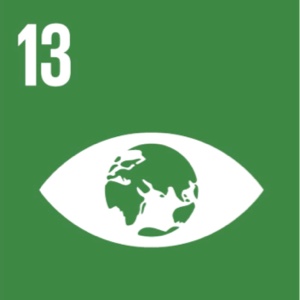Many companies are motivated to set value-chain GHG emissions targets and report on their progress, using approaches such as the Greenhouse Gas Protocol and the Science Based Targets Initiative. As part of their reduction strategy, companies may employ 'Interventions': projects, programmes and business decisions that drive sustainability and reduce emissions in key areas of their value chain.
Gold Standard, along with key partners (Climate KIC, Danone, Mars, Livelihoods Funds, WRI, CDP and WWF) are developing a guidance document that supports and enables companies to report on the emissions reductions from value chain Interventions, focusing on purchased goods and services. The Guidance covers how to identify and account for interventions, how to include the results in inventory reporting and how to communicate about the intervention.
It is intended that further, sector or activity specific guidance will be developed to support the approach. For example a guidance document for soil carbon interventions is also in development for testing and publication later in 2018.
The Guidance will ultimately seek 'Built on Greenhouse Gas Protocol' status and is designed to work alongside the Scope 3 Standard. The partners seek general feedback on the Guidance as well as expressions of interest to join the pilot phase, commencing September 2018. While all feedback is welcome, the following questions target specific areas for which views are sought:
1. Is the purpose of the Guidance clear and can you see a role for it in your organization/client strategy for value chain emissions reductions?
2. What other guidance, approaches or tools would you like to see developed to support this?
3. Do you think intervention monitoring can be based on an ex-ante assessment of impact followed by monitoring of the activity? Or is more detailed, ex-post monitoring required? For example could an intervention assess the impact of the change proposed 'ex ante' and then monitor only that the activity is continuing and hence expected results delivered, as opposed to conducting detailed on site monitoring?
4. In your opinion can the 'change factor' (the relative improvement caused by an intervention) be used in other interventions of the same type? For example, subject to review of credibility case by case should the results of one intervention be used to extrapolate to other interventions of the same type and under similar conditions in order to reduce the burden of monitoring?
5. Do you think interventions should have the choice to issue carbon credits for emissions reduced beyond those reported in the corporate inventory? Are there any limitations?
6. How does certification of the intervention and its impacts add value? How can that value be further enhanced?


